X-Road has been introduced in multiple projects worldwide to ensure more universal and affordable access to digital services for the population of low- and middle-income countries. X-Road is open-source software that also provides low- and middle-income countries with a national data exchange infrastructure without licensing fees. By implementing X-Road, countries avoid a vendor lock-in situation and get multiple channels for support, including a global community of users.

Different healthcare platforms can be securely connected via X-Road, enabling data exchange between private and public service providers. All evidence regarding the data exchange is stored locally by the data exchange parties, and no third parties have access to it. A project piloted the creation of an electronic portal to manage digital prescriptions, amid increased use of medical video consultations. X-Road technology was implemented to connect all medical stakeholders and enable secure data exchange among them.

Energy efficiency, renewables and consumer centricity figure among the lines of action to boost the transition towards cleaner energy systems – ways of producing, delivering and consuming energy more sustainably. The deployment of information technology significantly impacts the feasibility of contemporary policy actions. X-Road is helping electricity grid operators by harmonising access to energy data. Simplifying access to data lets them focus on the solutions to achieve energy and climate goals.

X-Road enables the reduction of administrative burdens through the implementation of the Once-Only Principle (TOOP). Streamlined administrative processes support economic growth and enable better services for citizens. For example, X-Road saved 1,345 working years in Estonia during a calendar year. X-Road helps a country become a hassle-free environment for business and entrepreneurship, attracting foreign investments.

X-Road provides a national core digital infrastructure for data exchange between organisations across administration sectors and business domains. An X-Road ecosystem is typically open to all public and private sector organisations. Besides, X-Road can be used to implement cross-border data exchange with other countries. X-Road enables allocating resources to building digital services and fostering innovation, rather than integrating services point-to-point.

Digital services reduce the need to travel between different locations, reducing city traffic. When travelling is needed, digital services provide information about transportation and route alternatives and may prioritise the most environmentally friendly options. X-Road is a crucial enabler in making numerous information systems communicate with each other. By establishing or joining an X-Road environment, cities and municipalities can request up-to-date information from relevant public registers and increase their effectiveness.

The NIIS team has an ambitious goal: to make X-Road the leading sustainable data exchange solution that covers the full ESG scope. The short-term goal is to focus on X-Road's direct, tangible environmental impacts. As a starting point for the journey, NIIS conducted research to assess the current emissions profile across X-Road's operations and services, providing targeted recommendations for emissions reduction and sustainable business practices. As a deliverable of the first research phase, an emissions calculator was released.

X-Road is a solution to combat corruption and helps build trust in institutions. X-Road provides log records of each message sent between X-Road ecosystem member organisations. The log records offer undeniable evidence of a transaction that organisations can use to automate processes, reduce manual work, and make it easier for users of different information systems and citizens. X-Road also provides features required for a MyData platform.










-3333AB?logo=data:image/svg%2bxml;base64,PHN2ZyB3aWR0aD0iMzEiIGhlaWdodD0iMzMiIHZpZXdCb3g9IjAgMCAzMSAzMyIgZmlsbD0ibm9uZSIgeG1sbnM9Imh0dHA6Ly93d3cudzMub3JnLzIwMDAvc3ZnIj4KPHBhdGggZD0iTTE0LjIwMDggMjEuMzY3OEwxMC4xNzM2IDE4LjAxMjRMMTEuNTIxOSAxNi40MDAzTDEzLjk5MjggMTguNDU5TDE5LjYyNjkgMTIuMjExMUwyMS4xOTA5IDEzLjYxNkwxNC4yMDA4IDIxLjM2NzhaTTI0LjYyNDEgOS4zNTEyN0wyNC44MDcxIDMuMDcyOTdMMTguODgxIDUuMTg2NjJMMTUuMzMxNCAtMi4zMzA4MmUtMDVMMTEuNzgyMSA1LjE4NjYyTDUuODU2MDEgMy4wNzI5N0w2LjAzOTA2IDkuMzUxMjdMMCAxMS4xMTc3TDMuODQ1MjEgMTYuMDg5NUwwIDIxLjA2MTJMNi4wMzkwNiAyMi44Mjc3TDUuODU2MDEgMjkuMTA2TDExLjc4MjEgMjYuOTkyM0wxNS4zMzE0IDMyLjE3OUwxOC44ODEgMjYuOTkyM0wyNC44MDcxIDI5LjEwNkwyNC42MjQxIDIyLjgyNzdMMzAuNjYzMSAyMS4wNjEyTDI2LjgxNzYgMTYuMDg5NUwzMC42NjMxIDExLjExNzdMMjQuNjI0MSA5LjM1MTI3WiIgZmlsbD0id2hpdGUiLz4KPC9zdmc+Cg==)